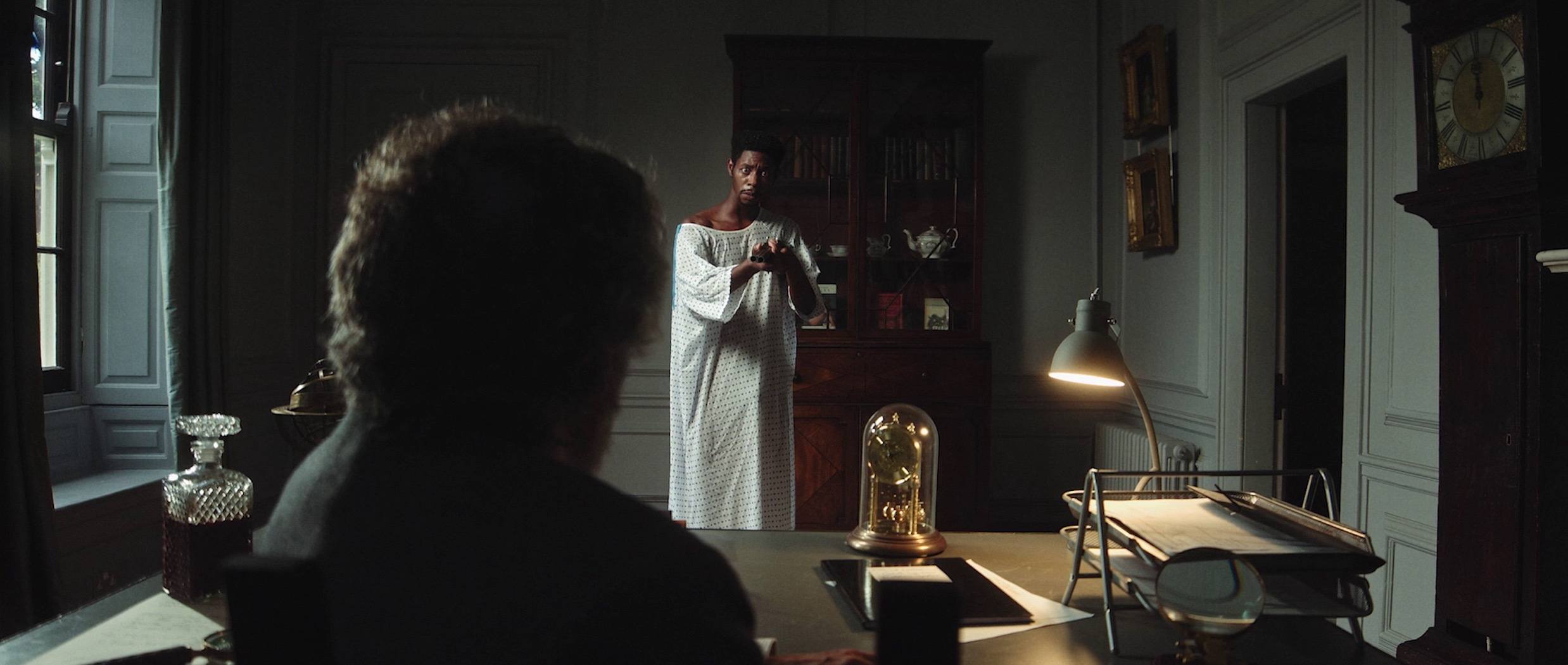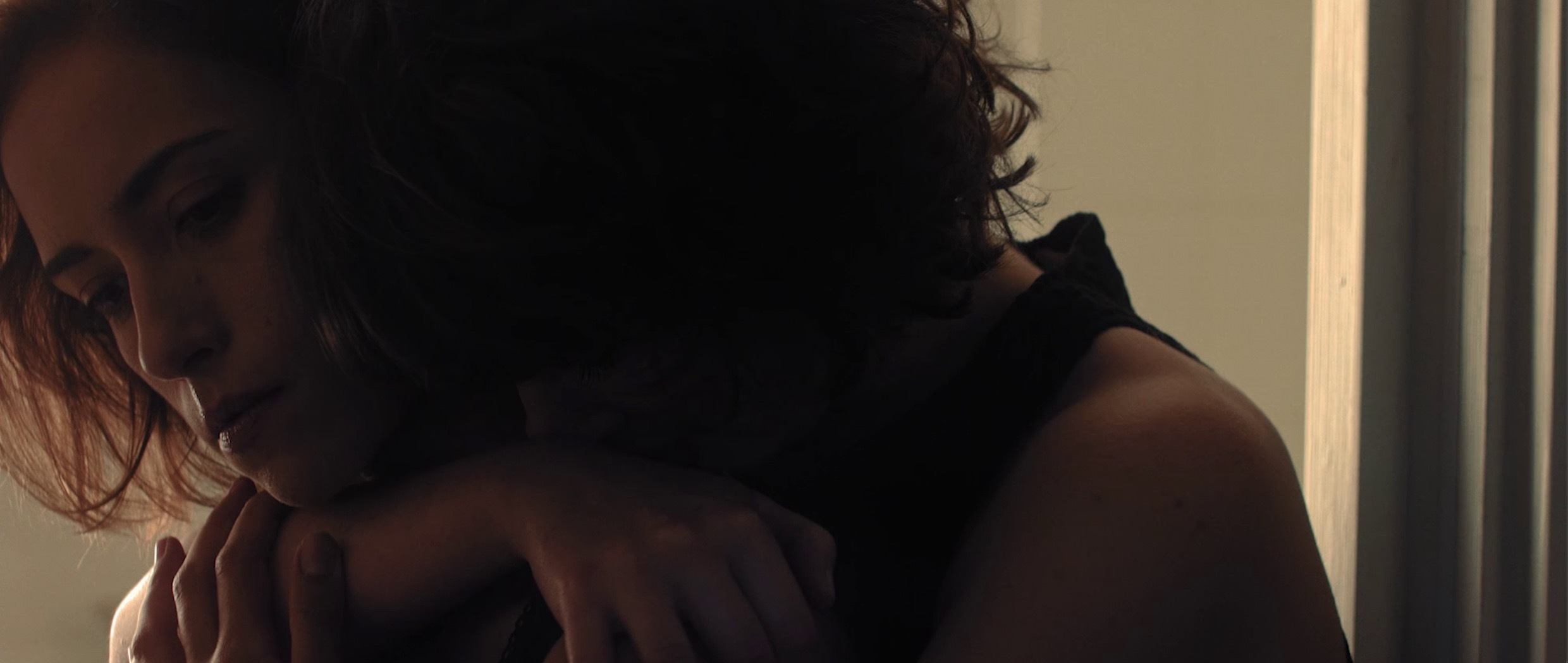Theaters are closed, movies delayed, and access to press screenings are limited to streaming. There’s no better time to highlight smaller films — amazing movies without the big-studio marketing budget that makes it harder for you to find. Discover a new film festival darling and support new, emerging, and independent filmmakers. Sheltering in place doesn’t need to stop you from your weekend evening escape to the movies. Follow the flurry of upcoming reviews on Twitter, or find all my reviews for movies you can stream from right at home.
A British independent film by Marcus Flemmings, Palindrome made a splash at London Independent Film Festival 2020. It’s racked up 17 film festival awards so far with its hook based on a story following the format of a palindrome, being the same whether told forward or backward. At worst, such a story could prove an empty gimmick, a quirky concept that makes for a better idea than actual story. At best — at least in my cinematic memory — a story could land with the cultural resonance of Chris Nolan’s 2001 movie, Momento, a film that both hooked with a unique idea of telling a story backwards and executed with remarkable strength.
Palindrome follows Fred, a young Black man in modern Britain being terrorized in what can only be described as an empty mental facility, save for him and his two tormentors. We toggle between his real-life experience portrayed in color, and the goings on of his psyche shown in black and white. Both are bleak, with his real-life experience being electric shocks, drownings, and debasements, part of an unclear experiment. When Fred receives a phone call from an unknown woman predicting her own death, Fred is given a mission that ties their fates together.
Your experience with Palindrome will remind you of the last weird movie you watched about psychedelic drugs, or perhaps the way you yourself felt while you yourself were on them, as fractured scenes are cut with classical music that suddenly stops and starts, giving each a maddening feel of schizophrenia. Where it lacks in discernible story structure though, it supplements with scene composition; your lingering memories of Palindrome may well be its stills more than its message. While Palindrome appears to be about race, art, and mental health, I fail to land on what it’s trying to say.
While not a gory film, Palindrome is dark and psychologically violent, which you can take as a warning or a seduction. Indeed, the story begins and ends with death, interspersed with his torture and more death. Between them though are moments that capture the charm and challenges of relationships, particularly one of a lesbian love triangle between the woman who calls Fred and her two partners. Palindrome pivots to her story partway through the film as Anna, a painter, reintroduces the concept of a palindrome, this time more directly in explaining her name’s construction to her own psychological tormentor.
By the time the concept of a palindrome is explained for the fourth time — a sequence that’s identical whether read forwards or backwards, in case you missed it — you might wonder whether the high-mindedness of the movie is the type to believe you to be stupid. For me, Palindrome left me depressed and confused, if not traumatized, complete with lines like “We’re all simply tiny specs of insignificance in a universe that engulfs us.” It will likely be the weirdest movie you see this year, unique from anything else you’ve seen in recent years. Whether that’s a good thing or not, it’s worth finding out yourself.
Find all of Jordan Calhoun’s Rotten Tomatoes-approved movie reviews at Jordan Calhoun at the Movies.
Want to get Black Nerd Problems updates sent directly to you? Sign up here!
Follow us on Twitter, Facebook and Instagram!




Show Comments